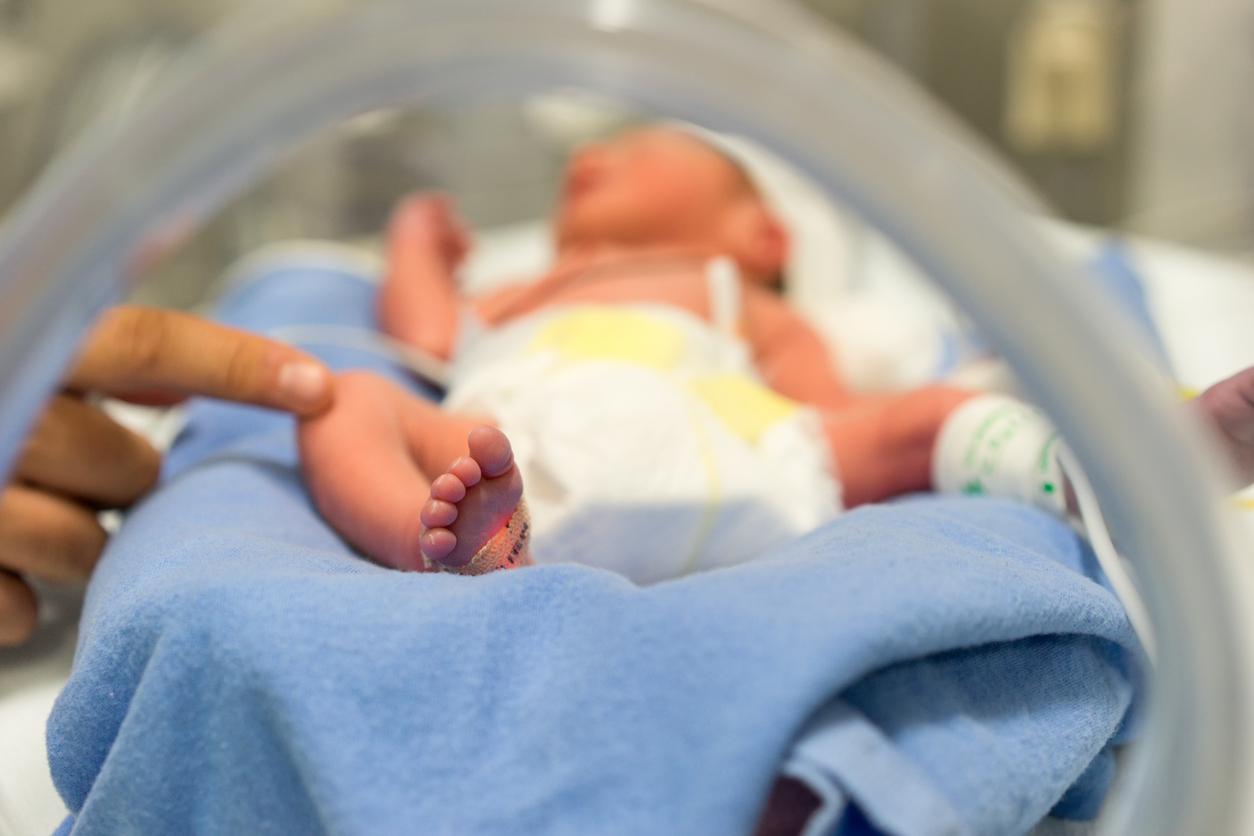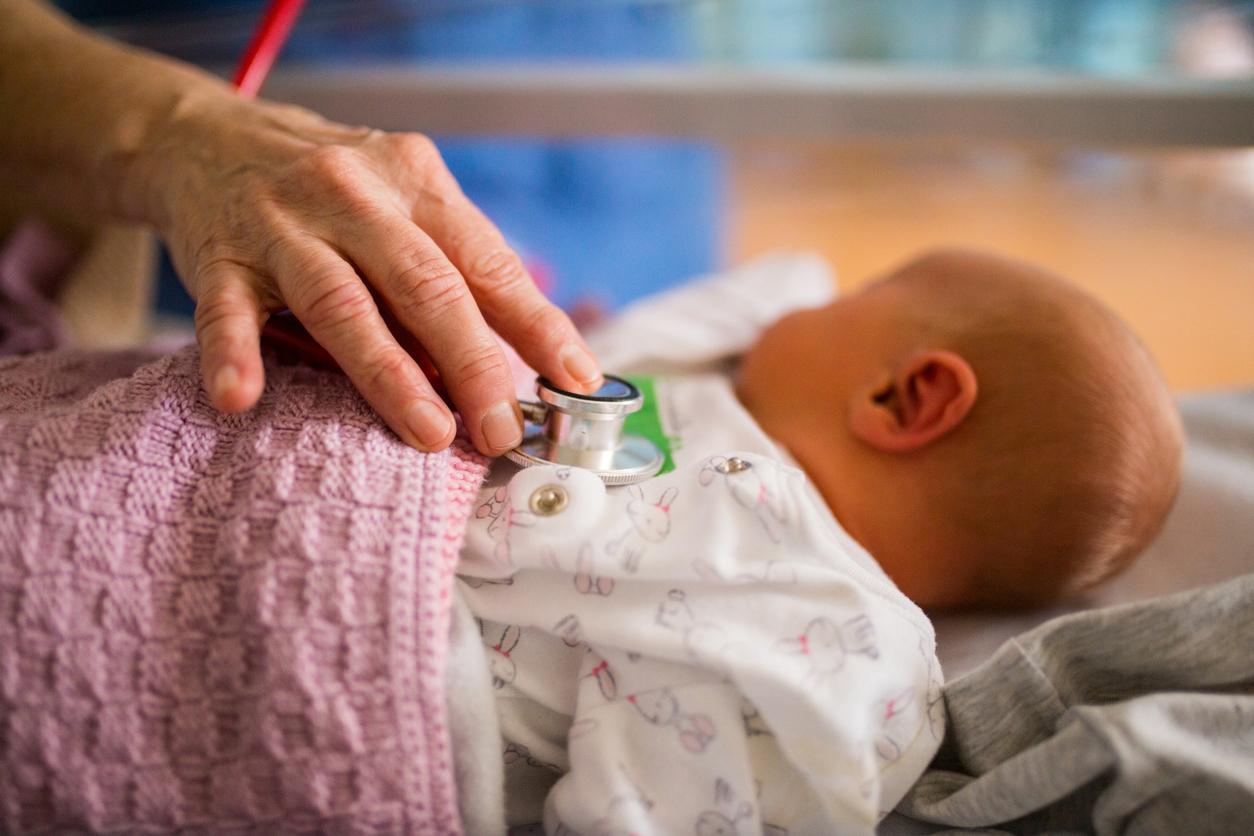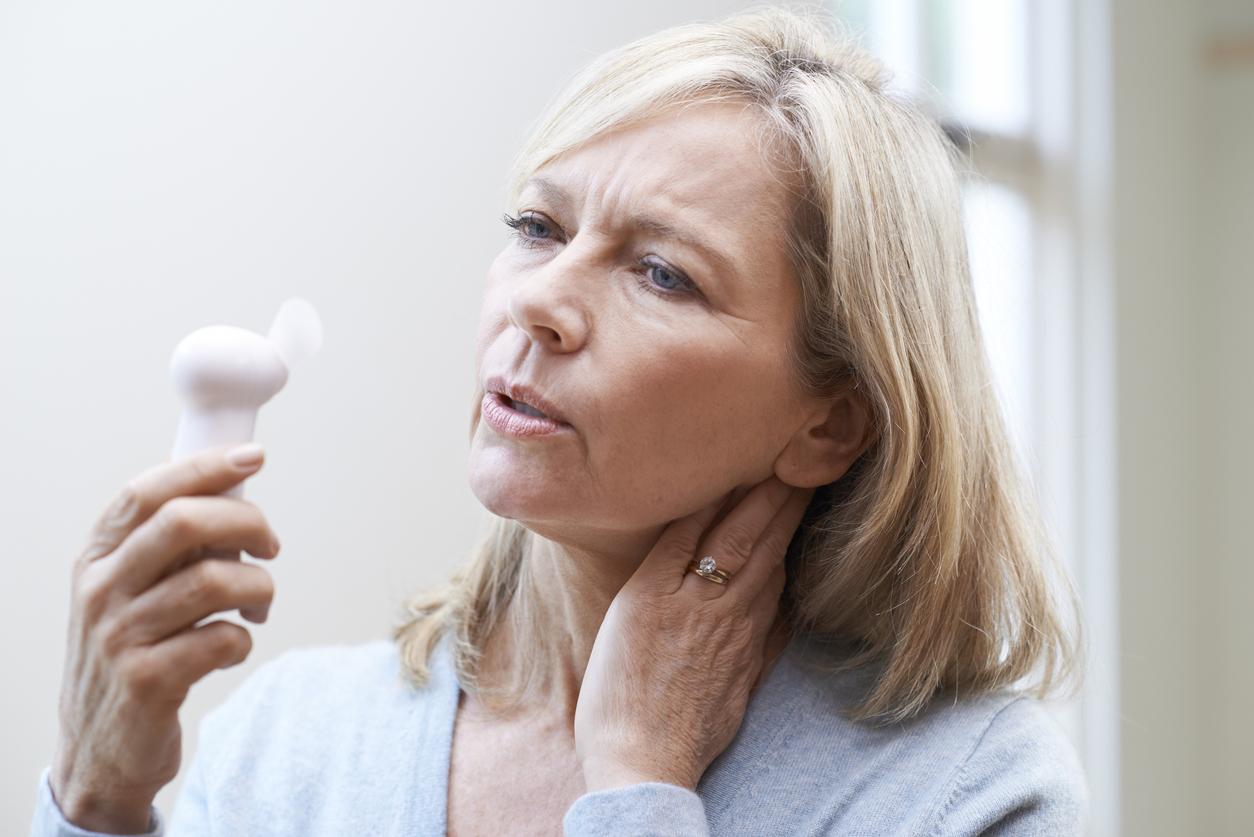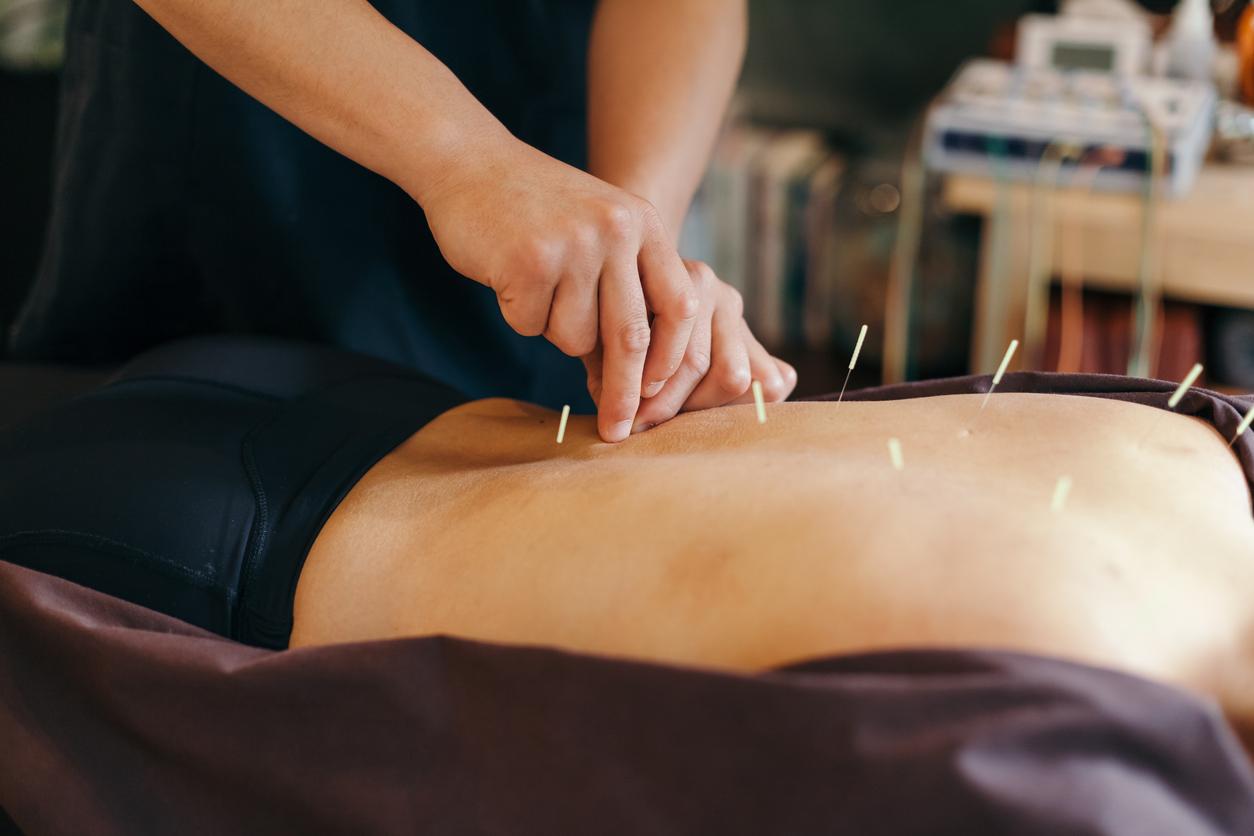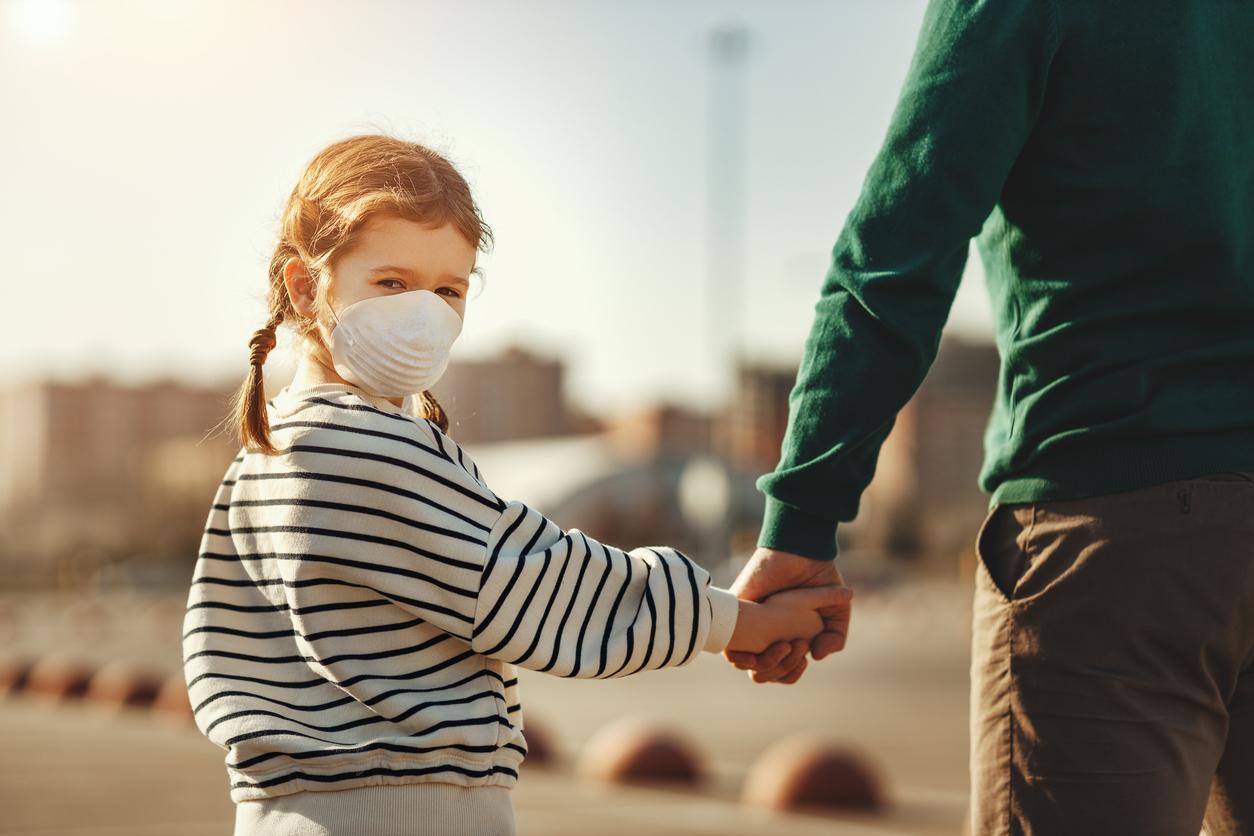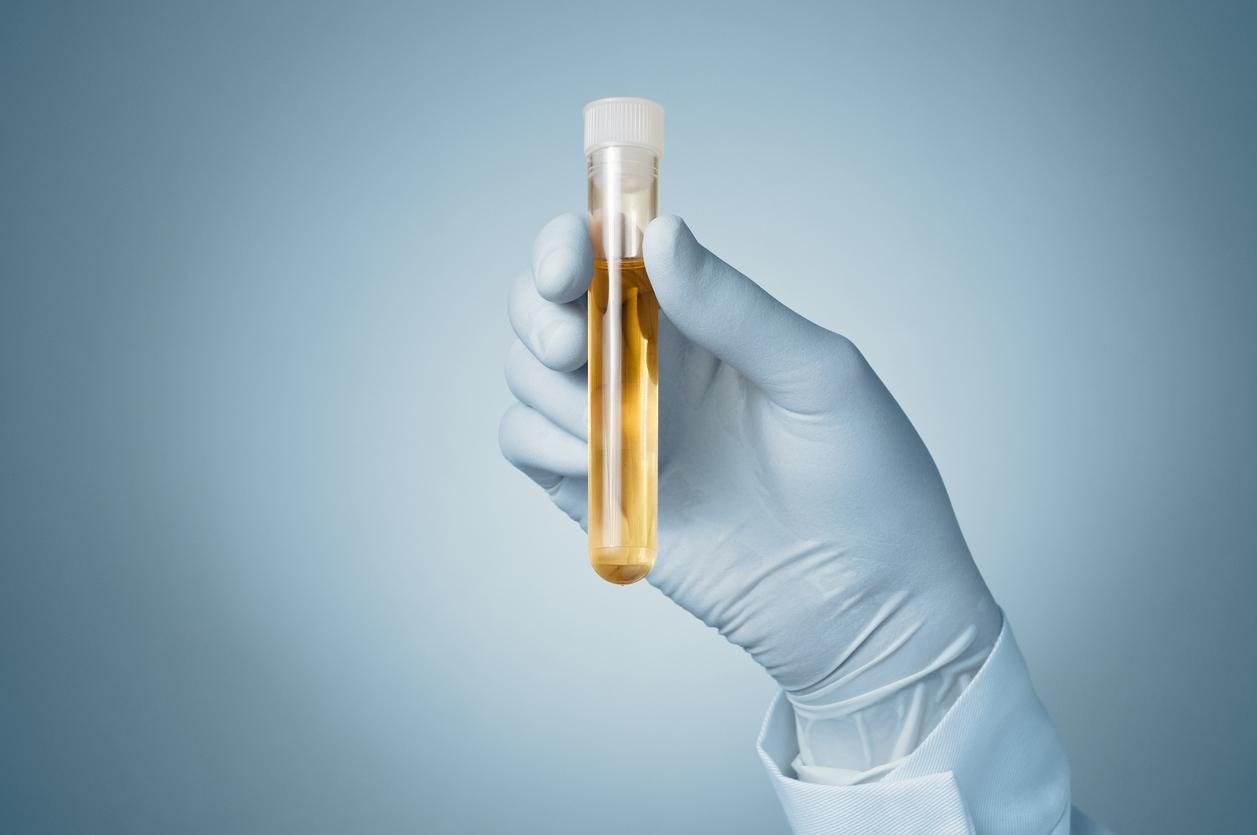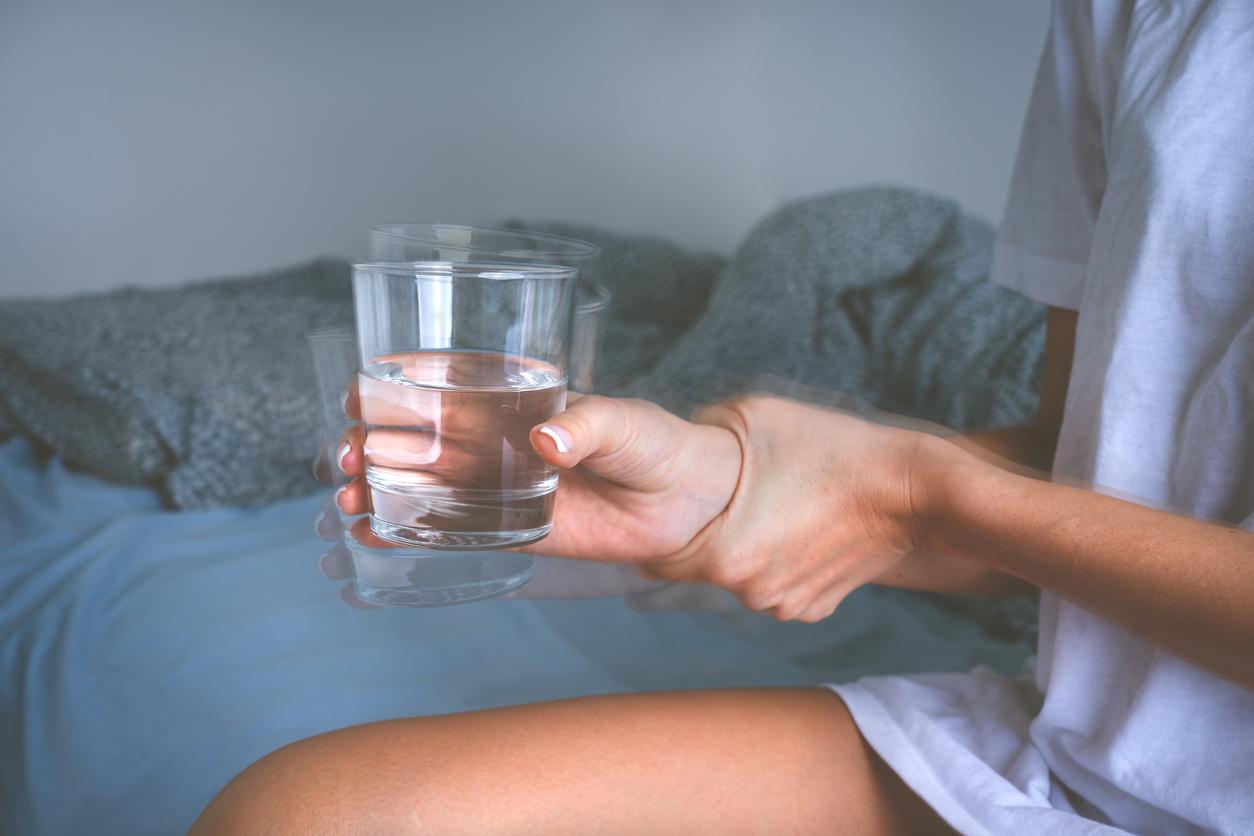- What is an allergy?
- How to recognize the pimples of an allergy?
- What allergy causes pimples?
- How is a skin allergy diagnosed?
- How to treat allergy pimples?
What is an allergy?
A allergy is an exaggerated (and maladaptive) reaction of the immune system. Faced with a substance that he no longer tolerates, he (wrongly) recognizes it as dangerous to health and begins to produce specific antibodies. If this mechanism initially occurs silently and without impact, the symptoms do not take long to appear. In the case of a skin allergy, it may thus appear pimples on the face or body.
How to recognize the pimples of an allergy?
There contact dermatitisor allergic skin reaction, can manifest itself in several forms:
- Of the’contact eczema : in contact with certain products, the superficial layer of the skin becomes thick and inflamed and is covered with small red pimples. Eczema can last as long as the skin remains in contact with the allergen and will gradually peel off once isolated;
- Of the’urticaria : Unlike eczema, hives affect the deepest layers of the skin and cause rounded and raised red patches on the body, well demarcated. Its appearance can be impressive, but it is a priori without danger. Urticaria can both result from contact or a simple touch with certain chemicals (ammonia, formaldehyde) or cosmetics (deodorants, lacquers, etc.), plants (nettle, mugwort, etc.) or stinging animals (jellyfish, caterpillar…). Some allergenic foods can even cause hives just by touching them. But urticaria does not only appear after contact with the skin: it is also one of the forms that the allergy takes afteringestion of food or medicine. It is then indeed a food allergy – or drug – but it is expressed at the cutaneous level. In this case, hives are not the only symptom: nausea, vomiting or diarrhea also occur. Which is potentially serious.
Be careful, it can happen that allergic reactions occur, without having any allergic character. “Sometimes the skin reactions are not allergicsays Dr. Jean-François Nicolas, general practitioner. We often talk about allergy to the sun, when it is in fact a hypersensitivity, which is the result of intolerant skin, which can react when attacked by cold, heat, friction , water… These two concepts are often confused. However, when you suffer from allergic eczema, all you have to do is remove contact with the allergen to see it disappear. Against hypersensitivity to the environment, you have to protect your skin. That is to say, wear gloves before handling aggressive products, use moisturizing or emollient creams several times a day, especially at night, to give the skin a protective barrier.
THE stress can also be responsible for skin reactions, taking the form of psoriasis or shingles: these are not allergy pimples either.
What allergy causes pimples?
Cleaning, costume jewellery, plant-based cosmetics… AT having to handle products of all kinds every day, our immune defenses can suddenly become intolerant: they can no longer tolerate contact with one of these products and small pimples can appear.
Several allergies can be responsible for pimples:
- THE contact allergiesafter exposure to certain textile products, detergents, cosmetics or creams;
- THE food allergy : they often occur in babies or children;
- THE drug allergies can sometimes cause skin rashes;
- THE pet hair allergieslike the hairs of cat or dog;
- Allergies after insect bites or mites.
How is a skin allergy diagnosed?
In the case of contact eczema, as the reaction is localized, the link with the responsible allergen is quickly made: the wrist reacts with a nickel bracelet, the skin of the neck reddens under the effect of the perfume, that of the hands damage after using a cleaning product… The easiest way is tostop wearing them or manipulate them. When the hands are affected, gloves can be put on for protection.
But the identification of the culprit is sometimes less obvious: an allergenic shampoo can especially react on the skin of the neck on which the rinsing water runs. A face cream will only cause a reaction in the eyelids… The dermatologist or allergist will then have to conduct a small investigation. To diagnose an allergy, the doctor may perform skin tests. He sticks a large adhesive rectangle on the skin bearing samples of the various suspected allergens: they work like so many small patches that will remain in contact with the skin for between 48 and 72 hours. The doctor will then observe whether one or more products have caused a skin reaction.
If the reaction is intense, we can speak of an allergy. In this case, eviction is recommended and corticosteroid creams or ointments are prescribed to ward off possible manifestations. It is advisable not to leave eczema untreated, whatever its form, because the longer it lasts, the more difficult it is to remove.
How to treat allergy pimples?
THE allergy pimple treatments will differ depending on the form they have taken:
- In case of contact eczema, first try to understand what caused you these pimples, and stop using it. To calm the itching and rashes, a doctor can then prescribe a local treatment to be applied directly to the epidermis, in the form of a cream or ointment.
- In case of hives, it is always best to consult a doctor. If you have already had an attack of hives and have already consulted, follow the treatment that your health specialist has already prescribed, usually an antihistamine.
Is desensitization possible? The medical consultation and the skin prick tests will make it possible to take stock of the circumstances in which the symptoms appeared and to sort out all these forms. In the event of a true allergy, oral medications are prescribed: antiallergic antihistamines or oral corticosteroids in the event of severe manifestations. Any contact with the allergen should obviously be avoided as much as possible.
“On the other hand, there are no desensitization protocols for skin allergens. But research is ongoing“, says Dr. Nicolas. The medical consultation will also identify so-called chronic urticaria which, like eczema, is due to hypersensitivity.”In this case, we cannot really envisage eviction. Urticaria can appear at any time during life, under the effect of any product, as soon as the quantities are too large for the body“.





